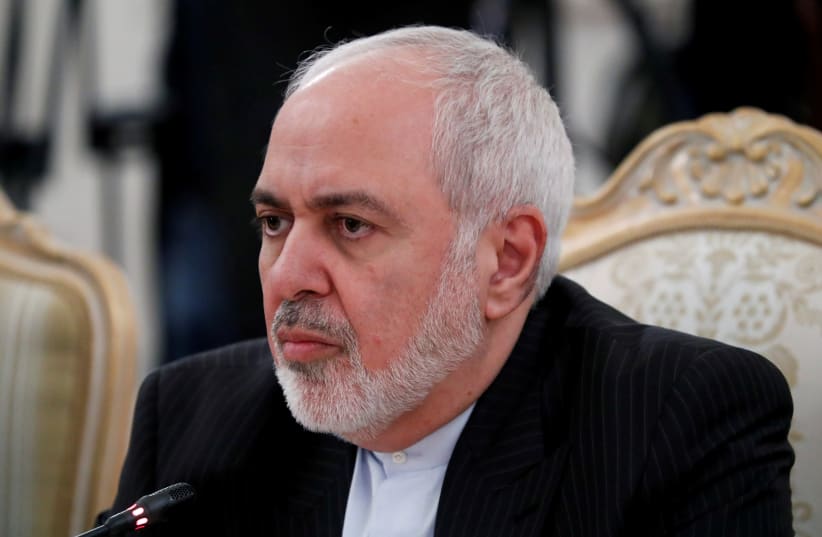Iranian Foreign Minister Javad Zarif on Monday blamed Israel for Sunday’s incident at the Natanz nuclear facility.
An increasing number of Iranian officials have described the incident as sabotage or terrorism.
Zarif’s comments appeared on state television Monday morning.
“The Zionists want to take revenge because of our progress on the way to lift sanctions... they have publicly said they will not allow this,” he said. “But we will take our revenge on the Zionists.”
An act of “nuclear terrorism” had taken place, Iranian nuclear chief Ali Akbar Salehi said Sunday afternoon. The attack was carried out by “opponents of the country’s industrial and political progress, who aim to prevent development of a thriving nuclear industry,” he was quoted as saying.
Zarif’s comments on Monday appeared to indicate that Iran intends to retaliate.
In the 24 hours after the damage was first reported, and was first ascribed to a failed electrical grid, increasing details have emerged about a major setback to Iran’s nuclear program. Tehran boasted on Saturday about using new advanced centrifuges at Natanz.
Last week, an Iranian ship was allegedly attacked in the Red Sea, which The New York Times ascribed to Israel.
Iranian media outlets have been quieter about the incident at Natanz. It was not front-page news on Tasnim News Agency, the semi-official Fars News Agency and some other Iranian channels.
This may be because Tehran wants to message one thing to the international community, complaining about sabotage and Israel, while messaging something else at home. It has boasted about its successes at Natanz, a facility that was sabotaged last July.
Tehran has said the facility is more secure, which makes Sunday’s incident embarrassing. Iran wants to feed information to its pro-Iran lobby in the West, where it pretends to be a victim and where Iranian “moderates” are portrayed as embattled and in need of support via a new Iran deal.
Iran tries to present Israel as sabotaging that deal. It also uses narratives about a possible conflict in the region to threaten Western countries.
